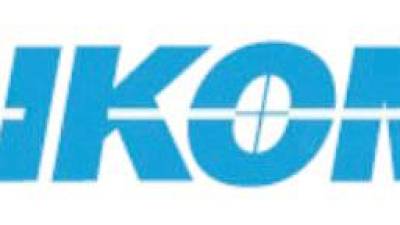KUALA LUMPUR: The National Tech Association of Malaysia (Pikom) has called on the government to establish a National Digital Council under Budget 2026 to integrate environmental, social and governance (ESG) principles and maintain Malaysia’s attractiveness to investors.
Chairman Alex Liew said clear policies are crucial for digital growth.
He said Malaysia has successfully attracted data centre investments thanks to favourable conditions such as land availability and infrastructure. However, recent tariff revisions, the expansion of the Sales and Service Tax (SST), and Universal Service Provision Fund requirements have raised concerns among investors.
“Consistency is key, and without a clear and predictable investment climate, Malaysia risks losing opportunities to neighbouring countries competing aggressively for the same capital. Hence, Budget 2026 should send a strong signal of stability and investor-friendliness to sustain momentum in this critical sector,” he told Bernama.
Meanwhile, Pikom has recommended enhanced digitalisation grants – RM10,000 for micro, small and medium enterprises and up to RM50,000 for digital marketing adoption, tied to measurable outcomes.
Liew noted that SMEs make up over 97% of Malaysia’s businesses, yet many, especially micro enterprises, struggle with digital adoption, and without intervention, these firms risk being left behind, weakening the wider economy.
“Support must also extend to women entrepreneurs and marginalised groups. By digitalising the backbone of the economy, Malaysia can boost productivity, widen its tax base, and foster inclusive national growth,” he said.
On taxation, Pikom proposed that Budget 2026 include double tax deductions for digital training, expanded upskilling and reskilling initiatives, and closer alignment between education curricula and industry demand.
At the same time, Liew said talent retention requires reviewing salary structures and career pathways.
“A competitive, future-ready workforce is the cornerstone of Malaysia’s innovation-driven economy. In addition, we advocate that every Malaysian be provided with an annual training credit for upskilling,” he said.
Pikom also urged the government to allocate funds for non-government organisation-led digital safety campaigns, broaden school-based awareness programmes, and provide incentives for companies to establish Security Operating Centres.
“A secure digital ecosystem would not only protect Malaysians but also attract investors seeking stability and resilience,” he added.
